
Power Your Performance: Essential Vitamins and Minerals for Athletes
Selected theme: Essential Vitamins and Minerals for Athletes. Train smarter by understanding the micronutrients that fuel endurance, strength, recovery, and resilience. Dive in, subscribe for weekly evidence-based insights, and tell us which vitamin or mineral you want decoded next.
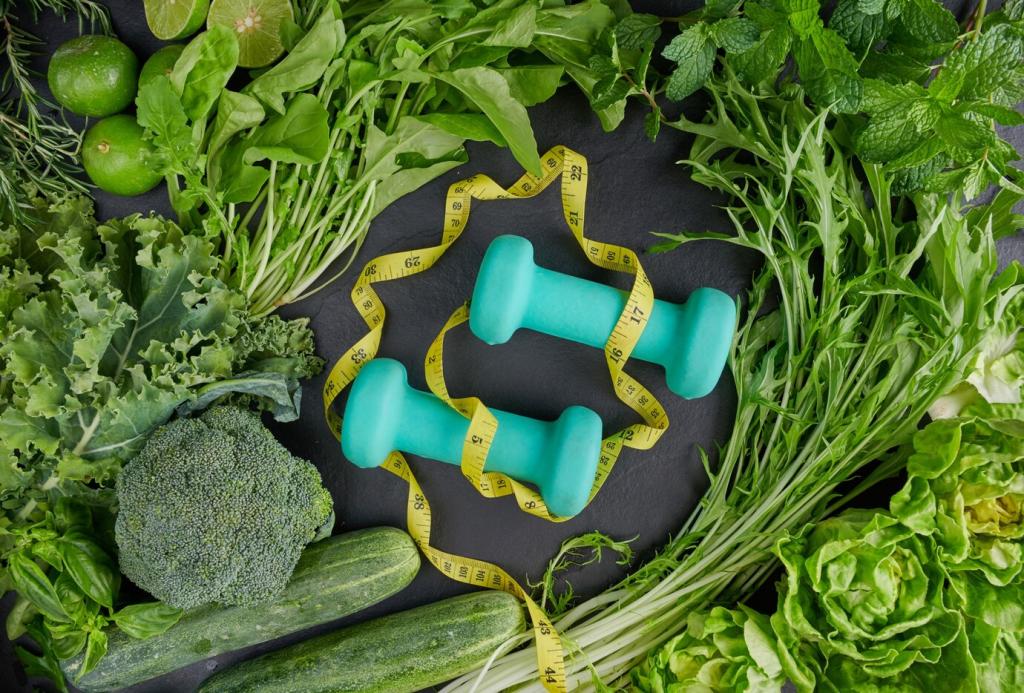
Iron and Vitamin B12: Oxygen Delivery and Endurance
Iron builds hemoglobin, B12 supports red blood cell formation, and together they influence how easily your legs turn over on long efforts. A marathoner in our community saw ferritin rise and late-race grit return after targeted testing and food-first adjustments.
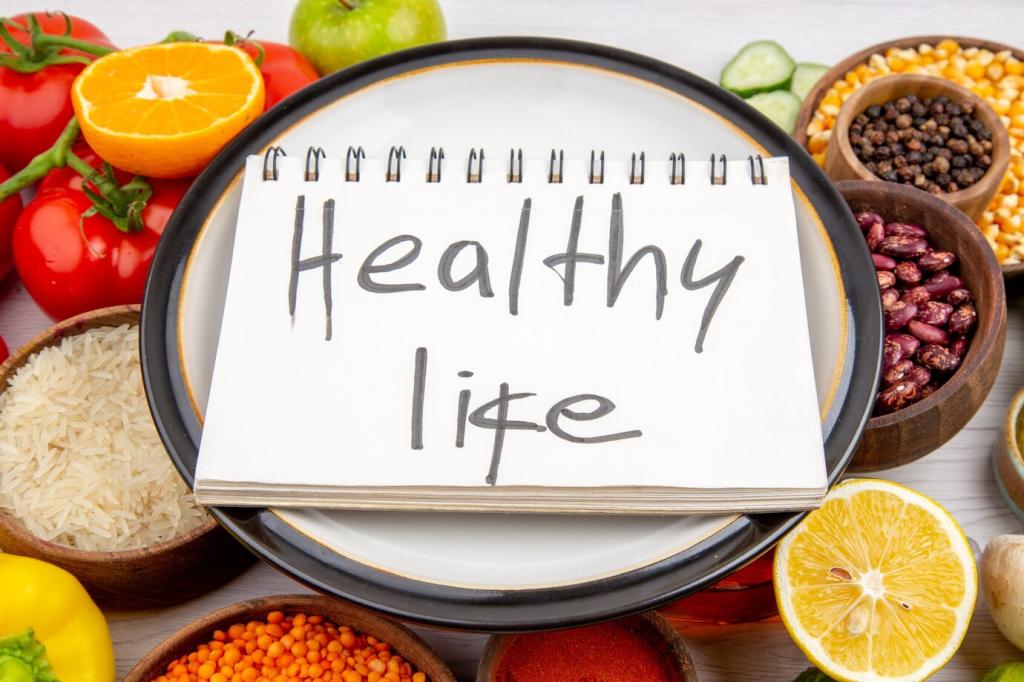
Vitamin D and Calcium: Bones That Transfer Power
Vitamin D boosts calcium absorption and supports muscle function, while calcium strengthens the scaffolding that converts force into forward motion. Indoor trainers often miss sun exposure—consider seasonal testing to keep bone health aligned with impact and power demands.
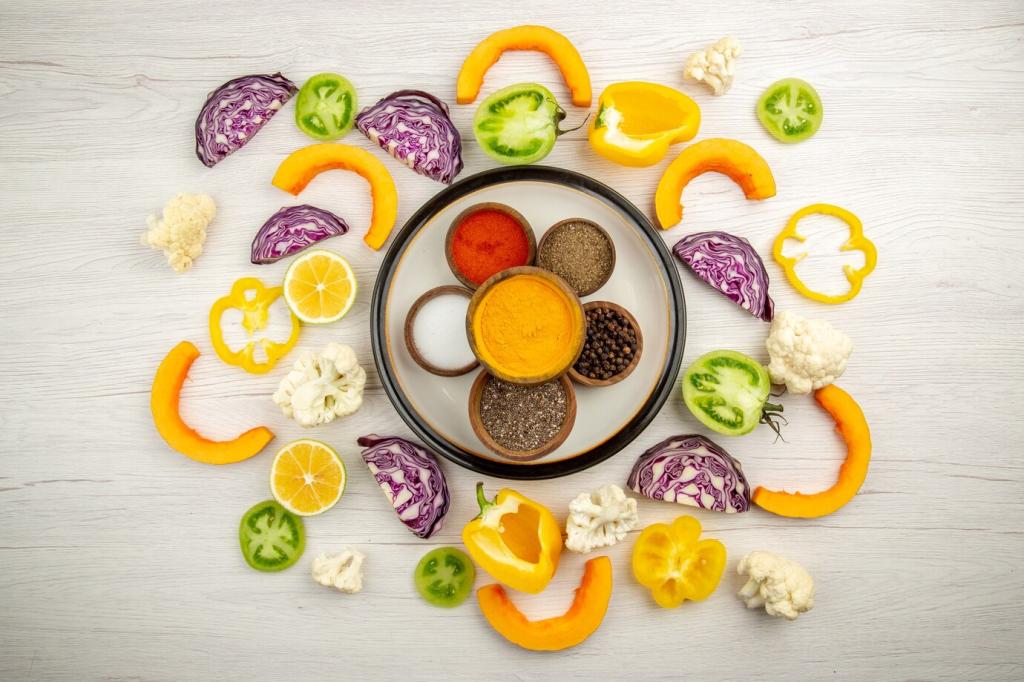
Magnesium and Potassium: Calm Contractions, Crisp Nerve Signals
These electrolytes coordinate muscle contraction and nerve signaling. After cramp-filled tempo rides, cyclist Luis added magnesium-rich pumpkin seeds and potassium from potatoes; within weeks, nighttime leg twitching eased and mid-interval smoothness returned.
Pairing With Food: Fat-Soluble Versus Water-Soluble
Vitamins A, D, E, and K absorb better with dietary fat—think salmon or olive oil. Water-soluble B-vitamins and vitamin C fit around meals and training. Avoid high-dose zinc near copper, and spread supplements to reduce stomach upset and improve uptake.
Iron’s Best Friends and Worst Enemies
Combine iron with vitamin C from citrus or berries to enhance absorption, and avoid coffee or tea around iron-rich meals. One small breakfast tweak—oats with strawberries instead of tea—helped a teammate lift ferritin more consistently than any pill alone.
Post-Workout Windows and Electrolyte Refill
After sweaty sessions, sodium and fluids come first, with magnesium repletion later in the day. Gauge sweat loss by pre- and post-workout weight; replace roughly 150 percent of the deficit with salted fluids to restore balance and steady recovery metrics.
Real Food Playbook: Everyday Sources for Peak Micronutrients
Heme iron from beef, lamb, and sardines absorbs efficiently. Non-heme iron in lentils and spinach improves with vitamin C—squeeze lemon on sautéed greens. Endurance athletes can rotate chili with lean beef and a citrus salad to keep iron status more robust.
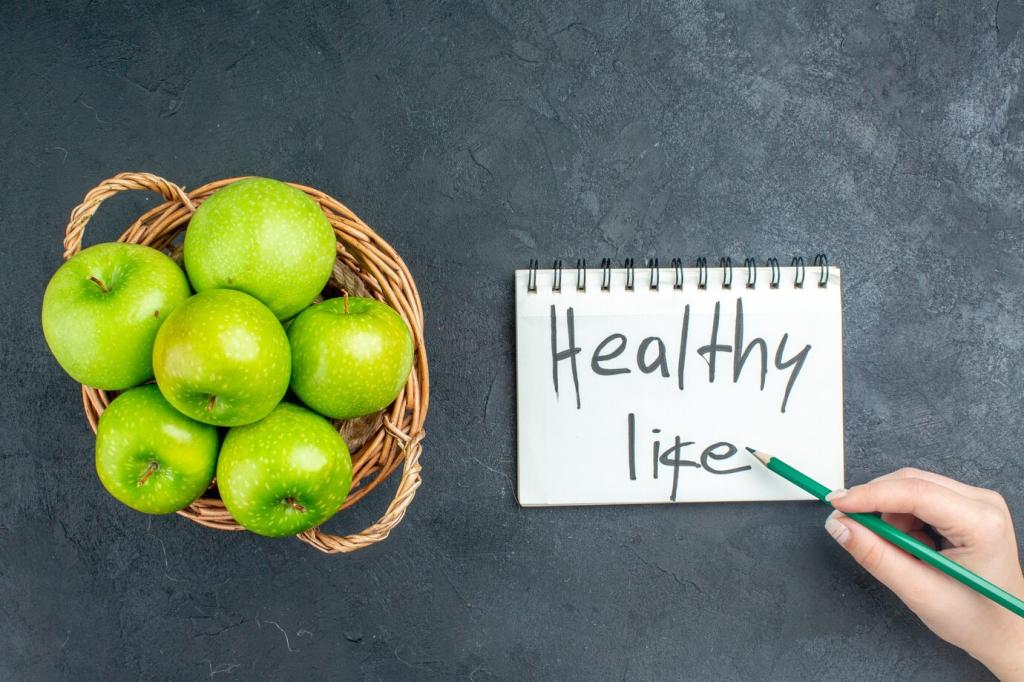
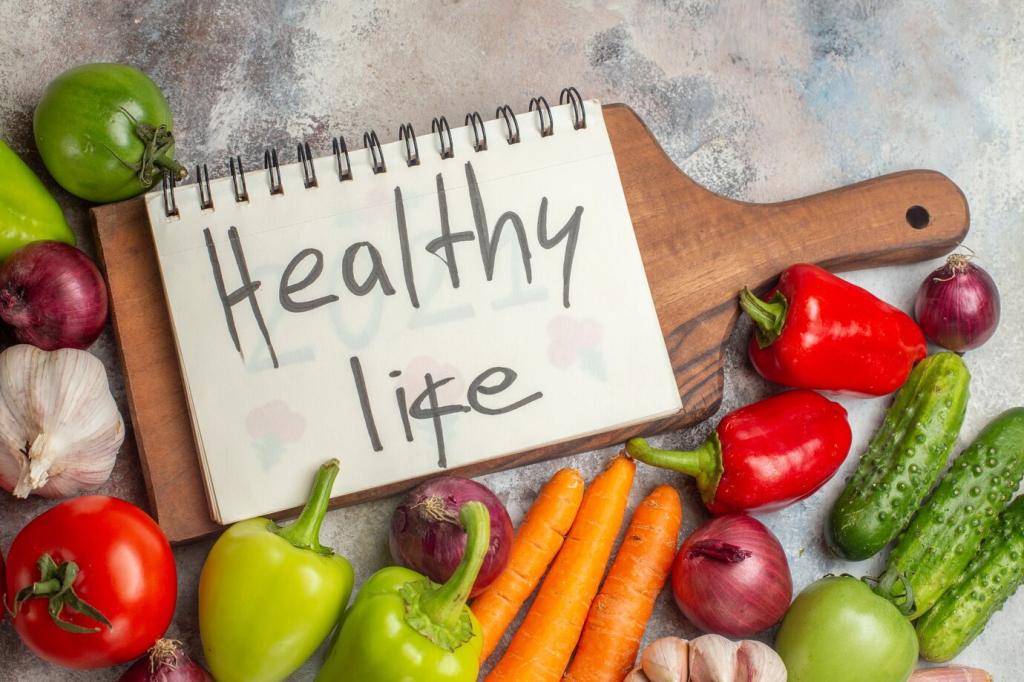
Real Food Playbook: Everyday Sources for Peak Micronutrients
Dairy delivers calcium plus protein; yogurt with chia seeds works before afternoon sessions. Fortified plant milks, tofu set with calcium, and leafy greens support athletes who avoid dairy. Pair with vitamin D sources to improve uptake and bone-friendly readiness.
Spot the Gaps: Testing, Symptoms, and Safe Corrections
Unusual fatigue, paler nails, breathlessness on familiar climbs, or frequent colds can point to iron issues. Female athletes and high-mileage runners are especially vulnerable. Ask a professional about ferritin, hemoglobin, and transferrin saturation before changing supplements.
Spot the Gaps: Testing, Symptoms, and Safe Corrections
Low sun exposure, darker winters, and indoor training often drop vitamin D. A simple blood test guides whether food and sunlight suffice or a supplement makes sense. Aim for evidence-based ranges, not extremes, and revisit as seasons and load shift.
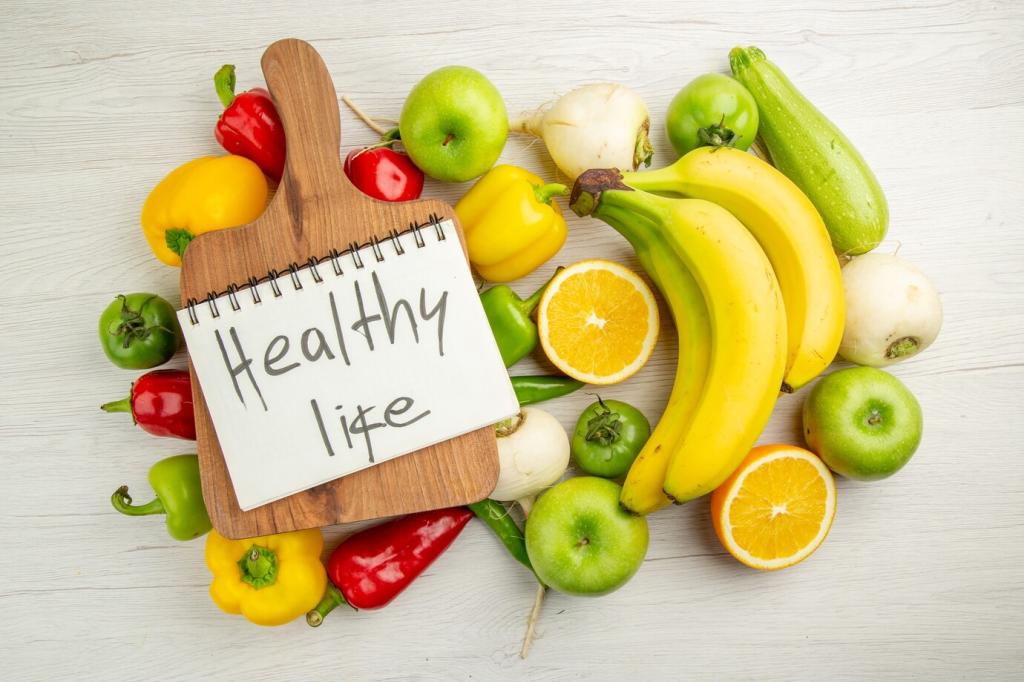

Antioxidants With Intention, Not Excess
Vitamin C and E support defense against exercise-induced stress, but mega-dosing right after training can blunt adaptations. Favor colorful whole foods—kiwi, peppers, berries, almonds—and use supplements thoughtfully on heavy travel or when illness risk rises.
Zinc and Selenium for the Season of Sniffles
Zinc supports immune responses, while selenium partners antioxidant enzymes. Our winter training group added oysters, eggs, and Brazil nuts; adherence beat quick fixes, and missed sessions dropped as consistent, moderate intakes replaced sporadic, high-dose gambles.
Collagen Plus Vitamin C for Tendons and Ligaments
A small collagen dose with vitamin C 30 to 60 minutes before tendon-loading drills may support collagen synthesis. Try gelatin in warm tea with orange slices before rehab exercises, and track comfort and function alongside your progressive loading plan.

This is the heading
Lorem ipsum dolor sit amet, consectetur adipiscing elit. Ut elit tellus, luctus nec ullamcorper mattis, pulvinar dapibus leo.

This is the heading
Lorem ipsum dolor sit amet, consectetur adipiscing elit. Ut elit tellus, luctus nec ullamcorper mattis, pulvinar dapibus leo.
